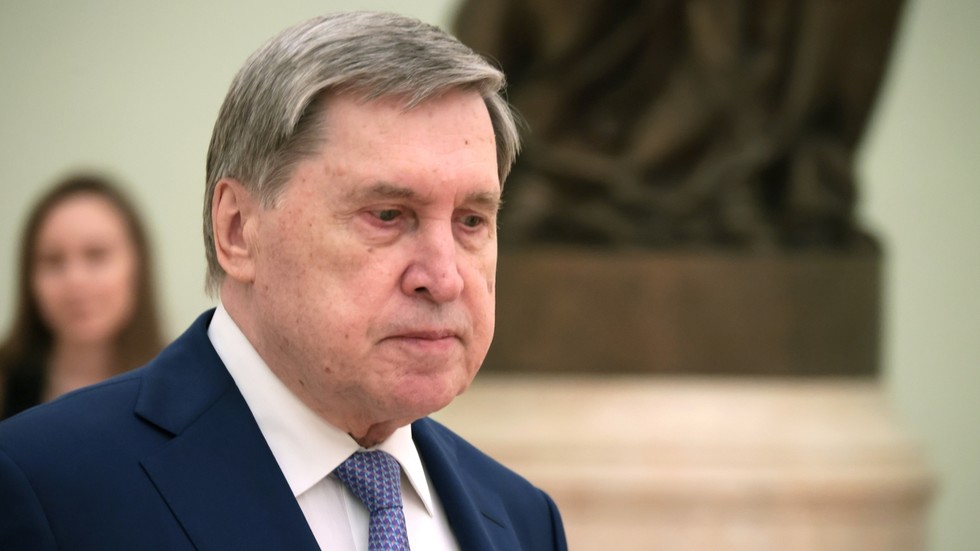
Moscow has reiterated that it would consider the resumption of Ukrainian exports if the UN delivers on its part of the bargain

FILE PHOTO: Presidential adviser Yury Ushakov © Sputnik / Mikhail Metzel
The now-defunct Black Sea Grain Initiative can still be revived if Moscow receives the sanctions relief that it was promised by the UN in the first place, Yury Ushakov, the foreign policy adviser for Russian President Vladimir Putin, has said.
“The deal is not fully done for, but simply suspended, because the Russian part of this package decision was not implemented,” Ushakov said on Tuesday.
The grain deal, which allowed Ukraine to export its foodstuffs via the Black Sea, includes two principal parts signed in 2022 as a package. The terms of one of them included Russian guarantees of safety for commercial ships sailing to and from Ukrainian ports, provided that they were inspected in Istanbul.
Last week, Moscow declined to renew the agreement it signed with the UN and Türkiye, leading to the termination of the grain deal. Farhan Haq, the deputy spokesman for UN Secretary General Antonio Guterres, confirmed to TASS that Ushakov’s remarks did not change the document’s legal status.
The second part of the arrangement called for the relief of Western economic sanctions hampering the export of Russian food and fertilizers. Moscow cited the failure to make any tangible progress as one of the reasons why it pulled the plug.

Read more
“We have been receiving promises for an entire year,” Russian Deputy Foreign Minister Sergey Vershinin explained last Friday at a press conference on the collapse of the grain deal.
The agreement with the UN is technically still in effect, Vershinin said, adding that if it finally comes through, Moscow will be willing to renew the part related to Ukrainian exports in some new form.
Moscow has also criticized the grain deal for not living up to its humanitarian justifications. Most of the Ukrainian products were sent to wealthy nations rather than poor countries most threatened by food insecurity.
The scheme became a purely commercial project for lining the pockets of international grain traders, while giving Kiev more resources for its armed conflict against Russia, Moscow has argued.
The Russian military has claimed that Kiev abused the deal by using the safe navigation corridor to launch military attacks on Crimea.




